The Meaning of Holistic Health
 With increasing amounts of knowledge available at just the tap of a smartphone, more people are taking medical maintenance and remedies into their own hands. It is no longer uncommon to head home after a doctor’s appointment and question a professional diagnosis for a more personal one. After all, who knows you better than you do? In seeking alternatives to regular prescription drugs or over-the-counter pills, the words “holistic medicine” likely pop up—but what is meant by holistic health? Consider these three categories.
With increasing amounts of knowledge available at just the tap of a smartphone, more people are taking medical maintenance and remedies into their own hands. It is no longer uncommon to head home after a doctor’s appointment and question a professional diagnosis for a more personal one. After all, who knows you better than you do? In seeking alternatives to regular prescription drugs or over-the-counter pills, the words “holistic medicine” likely pop up—but what is meant by holistic health? Consider these three categories.
Battling Disease
With certainly some grey areas to look over, not all treatments recommended by physicians are crucial to healing. Painkillers or symptom managers are some examples. They may be helpful in many cases, but some believe that giving your anatomy the chance to overcome on its own is the smart route—leading to longer-term strength and stability. A holistic approach to fighting illness sometimes includes ancient herbs, health foods, teas or strategic body movements and exercises. Even certain fragrances or states of mind are said to expedite healing over traditional medicines.
Social Climate
Holistic health considers a patient’s environment in addition to their textbook symptoms. In other words, it examines who a person is as a whole and not just how they fit into a disease category. Someone who runs every day, eats well and has a balanced support system at home doesn’t likely need the same kind of interventions for a cold as someone in poorer health and less consistency at home. While it might be nice to have scripted solutions on hand, taking a stab into some leafier, gentler solutions might make more sense for you in the long run.
Mental Well-Being
This speaks towards a person’s faith, mindset and overall inner peace. Many experienced holistic health practitioners will insist that one’s belief in a cure is just as important as one’s willingness to try the treatment. The brain is thought to steer the body towards healing in conjunction with whatever goes into the mouth. A scattered, negative thought pattern is not apt to yield the greatest results. Even a holistic approach towards negative thinking or mental illness itself requires some level of trust and commitment.
The links between spirit, mind, and body are very real in the world of holistic health. It may make you feel better to approach obstacles as one entity, rather than as a list of problems geared towards one specific incident or ailment. Your lifestyle, experiences, and discipline are important ingredients to your success as a holistic healer.
